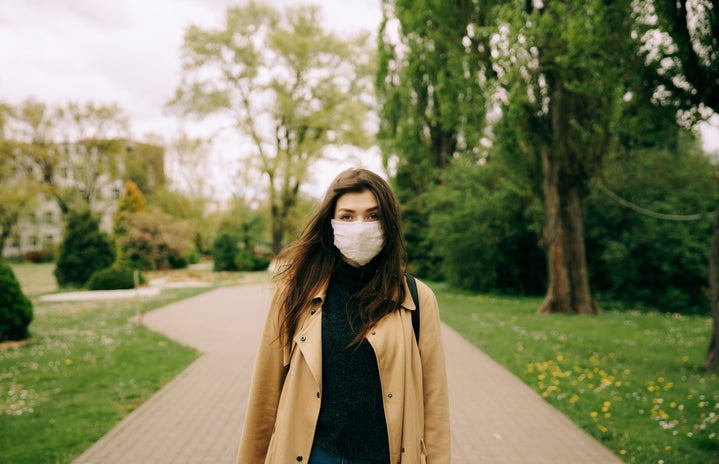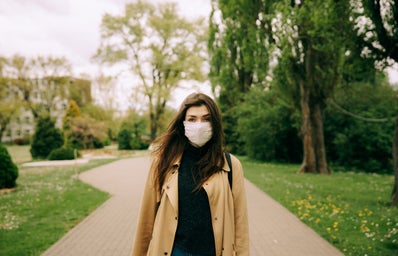My experience was better than most people’s with COVID—with roughly 500,000 Americans dead at the hands of COVID—and for that, I am incredibly grateful. I’m not looking for sympathy, or pity or anything like that. I simply hope to bring to light the interesting series of events I noted as one of the 28 million American COVID-19 cases, and further, a college student in the era of a pandemic.
I got COVID out of irresponsibility. It was my decision to be brash and selfish, and as a result, I fell sick. It was only fair. While I can assure you I will not be making the same mistake again, for my own sake and for the sake of my community, I don’t see much of a point in dwelling on my self-reflection. Any way I can conceive to put it sounds as if I am trying to excuse my behavior, which I am not.
To the point of community: I am a VCU student living on campus, and although my circle is small, I can’t say that those members of my circle’s circles are small, and so on, and so forth. I am living in a contact tracer’s nightmare, which is what I found by the time I realized I was sick with something a little different than a wintertime bug.
My fever was pushing 104; I could barely lift my head, much less get out of bed. To any onlooker and myself, I was sick.

As a student living on campus, I wanted to call the university as they arrange isolation spaces for sick students like myself and put their contacts in quarantine. I figured my circle would have the same reaction I did when I started showing symptoms—concerned with physical separation their top priority. But I was surprised to see the opposite. They were all for the idea of me heading to isolation, which is something, I suppose. But with no exception, they all begged me not to give the university their information.
The two closest members of my circle, my roommate and my partner, were also showing symptoms by that point. Honorably, in comparison to our peers, they were fully willing to move into isolation. Isolation was bearable. My symptoms continued for the first few days, and then they all but disappeared after five or so total symptomatic days. Every day since, I have been incredibly grateful for my recovery, and I recognize how privileged I am to have survived this virus.
What I’m getting at is that young people, especially college students, have this toxic mentality that they are in some way safe from the virus. This, of course, is not true. They also seem to think, at least in my experience, that the worst thing that could come out of them contracting the virus is them being forced to isolate themselves. Not the symptoms that they will likely have to endure, not the risk of having spread it to an unassuming service worker or their loved ones. Or dying. The worst thing that could happen is to be prevented from continuing to attend social events and increase their risk all the more.


